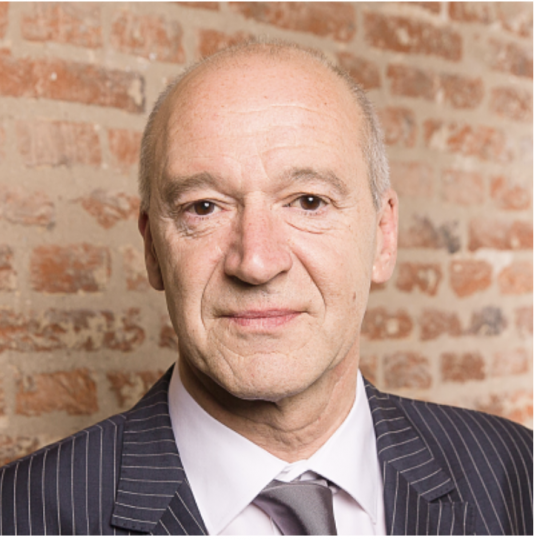In memoriam: Marc Cools

On Tuesday, 10 June 2025, Professor Marc Cools passed away in Antwerp, Belgium, in the presence of his loved ones.
For almost three decades, he was widely recognised as a central figure in shaping criminological scholarship in Belgium, particularly in the fields of private security research and intelligence studies. His intellectual reach, however, extended well beyond these domains, covering broader themes such as History, Philosophy, Cultural Criminology, and Art and Cultural Heritage crime.
Unlike many of his peers, Marc began his career in the private sector before entering academia. Throughout the 1980s and 1990s, he held various management positions in the security industry. This real-world experience would shape his unique criminological perspective, one that combined theoretical engagement with many practical insights and relevant professional knowledge. It is therefore not surprising that, drawing on his work within the private sector, he obtained a PhD (1994) on the topic of employee crime – a subject that, at the time, received little academic attention in Belgium. In line with this, his first research focused mostly on crimes against businesses and the security strategies employed by the private sector. With these contributions, he played a pioneering role in introducing the theme of private and corporate security into Belgian criminological scholarship.
Three years after obtaining his PhD, he joined the Free University of Brussels (VUB) as Professor of Criminology, and in 2001 was appointed part-time Professor at Ghent University. From 2015 on, he held a Full Professorship at Ghent, where he would leave a lasting legacy. In recent years, he taught courses including Introduction to Criminology, Private Security and Policing Studies, and Historical Criminology.
Although Marc was a passionate academic, he was also dedicated to actively engaging with stakeholders outside academia, where he was a respected voice. From 1999 to 2003, he served as the expert advisor to the Belgian Minister of Justice, a position in which he was able to shape the Belgian security policies for the coming decades. In addition, he was the founder of several initiatives that bridged the gap between academia and the practitioners’ world, such as the Belgian Intelligence Studies Centre (BISC), the Criminologists Association for Private Security (CAPS), and GRACE, a Ghent-based research institute focusing on art crime and cultural heritage.
It is not surprising that he was widely recognised for his contributions. He was honoured with several official distinctions, including Officer in the Order of the Crown, Knight in the Order of Leopold – both in Belgium –, and Chevalier dans l’Ordre des Palmes Académiques in France. In 2022, he received a Lifetime Achievement Award from the Outstanding Security Performance Awards.
Moreover, his scholarly output was both broad and deep, with more than 300 publications spanning private policing and investigations, intelligence studies, and historical criminological topics. His latest book, on the life of Nico Gunzburg – founder of the Institute of Criminology at Ghent University – was published only one month before Marc passed away.
Yet, his most lasting impact may well lie in the students and researchers he mentored, many of whom now hold key positions in academia, government, and the security sector. Marc will be remembered not only for his intellectual clarity but also for his sharp humour, his critical voice, and his commitment to those he worked with. Even during his illness, he remained closely involved with his research team, guiding and encouraging in a way only he could.
We mourn the loss of a scholar, a mentor, and a friend. His absence will be felt for many years to come.
